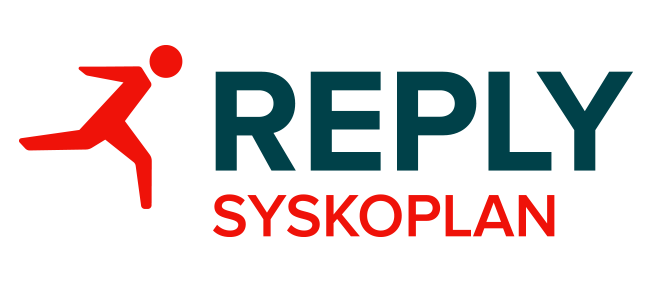,allowExpansion)
Harnessing cloud analytics
Business Intelligence as a self-service (SSBI)
Self-Service Business Intelligence
For several years now, companies have routinely cited the topic of Self-Service Business Intelligence (SSBI) – in other words, the independent creation of BI content in specialist departments – as being one of the top topics in the BI environment. Based on the demand for data democratisation, an international company decided to implement a cloud-based SSBI approach in the context of a cloud-first strategy.
The technical driving force came from the world of strategic planning and marketing, where competitor data (competitive intelligence) in particular needs to be quickly and flexibly available and analysed together with the company's own data. The SSBI implementation was managed by the IT department in close cooperation with the specialist department. The project took six months, and culminated in the general approval of the SSBI environment and the accompanying processes.
Factores for broad adaption
In the first step, a central data pool, for which the IT department is responsible, was created based on the business requirements. It consists of ten broad data sources from different subject areas and served as a basis for the BI content that would be developed by the specialist department. The emergence of individual data processing was prevented to a large extent by central metadata definitions. Drawing on the requirements of strategic planning and marketing, the central data pool was iteratively expanded according to the needs of other specialist departments.
The descriptions of the provided data sources were compiled in a central catalogue to give analysts an overview of existing data sources, their origin and the data structures they contain. Data sources provided by IT were marked separately to ensure that they are distinguishable from data sources created in relation to the Self-Service. Analysts can thus choose to give preference to the data created by IT, thus ensuring clear accountability. If self-created data sources develop into popular and important building blocks, there is a plan for IT to take these over and stabilise them in order to keep Self -Service Reporting scalable and stable.
A coordinated SSBI role concept was established for the department and IT, which authorises functionality and data according to duties and responsibilities. The departments began to create the content in close cooperation with IT. This enabled the analysts, who had already been intensively trained in the implemented tool, to further deepen their knowledge of the tool, thus ensuring the semantically correct use of the centrally provided data sources.
Based on the close cooperation with IT, the created content was the direct responsibility of the department. The following rules were established in this regard: For new analytical applications, the responsibility for accuracy lies with the department. If data sources provided by IT are used, IT only assumes responsibility for their availability and accuracy with regard to the interface requirements. The department assigns access to applications and data sources.
Analysts exchange information in their own community at regular intervals. They discuss current problems and ideas for new analyses in these meetings. Problems can often be solved with the experience of another analyst and, when discussing future and currently developing applications and analyses, synergies can be used and knowledge can be pooled.
The result
It can be said that establishing a cloud-based SSBI approach has significantly facilitated the accessibility of existing data and has thus significantly improved working and interacting with it. As a result, a data-driven culture has developed in the departments that also relieves the burden on the central IT department.

Syskoplan Reply specialises in the consulting and implementation of SAP technologies. As a long-standing and multiple award-winning SAP Gold Partner, Syskoplan Reply reliably accompanies companies on their way into the digital future. We focus on the use of SAP solutions as a central platform for the transformation of business processes and customer experiences. With the customised concepts of the experts, companies secure decisive competitive advantages. They benefit from our innovative strength, agility and extensive project experience in a wide range of industries. Syskoplan Reply's portfolio covers all facets of modern SAP architectures.